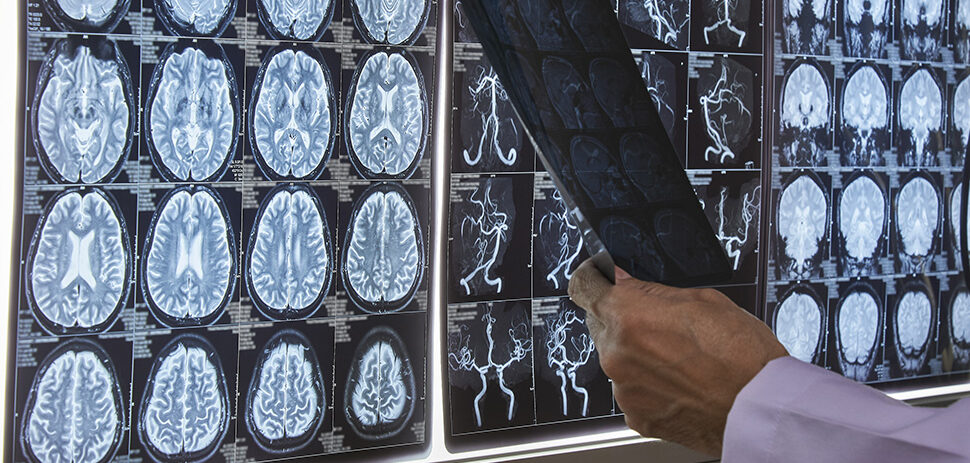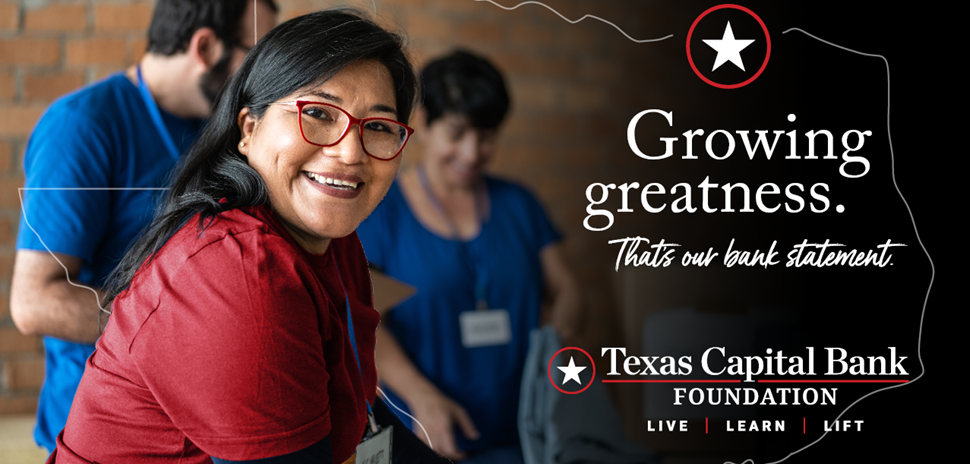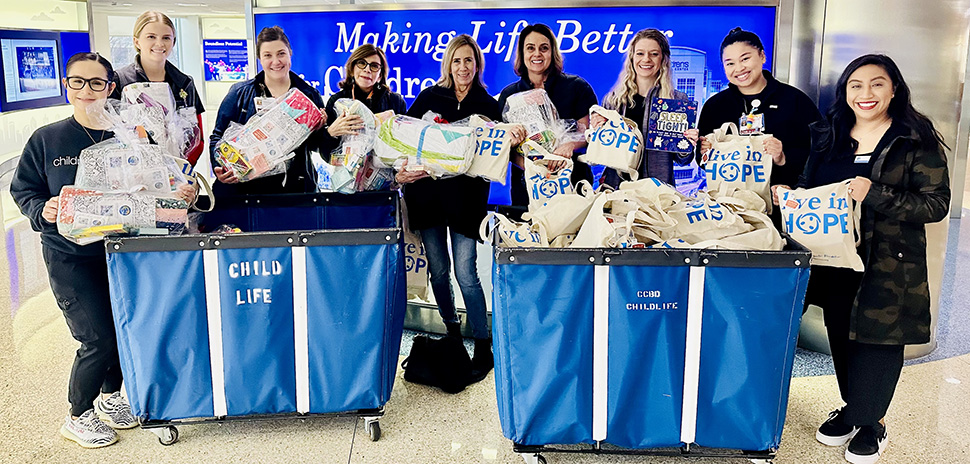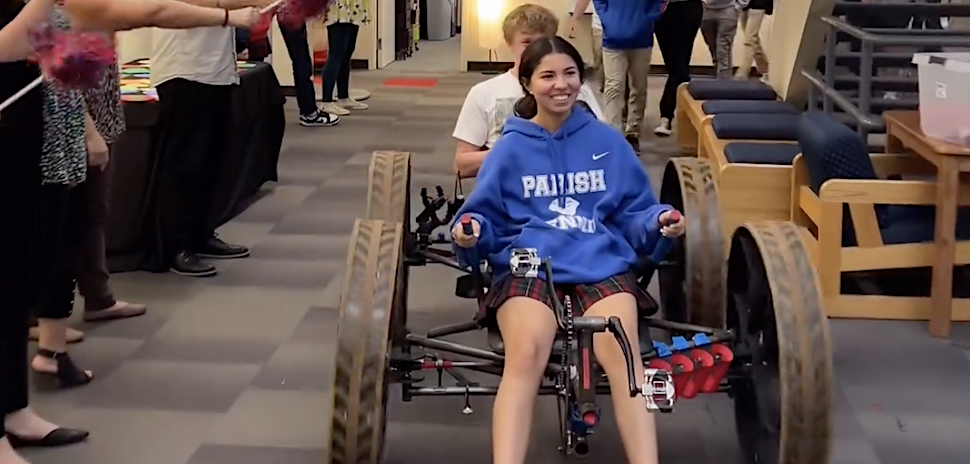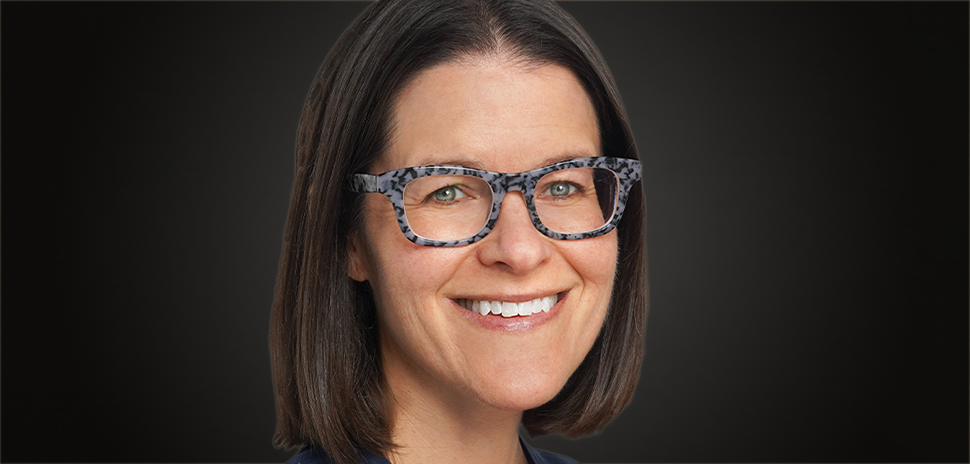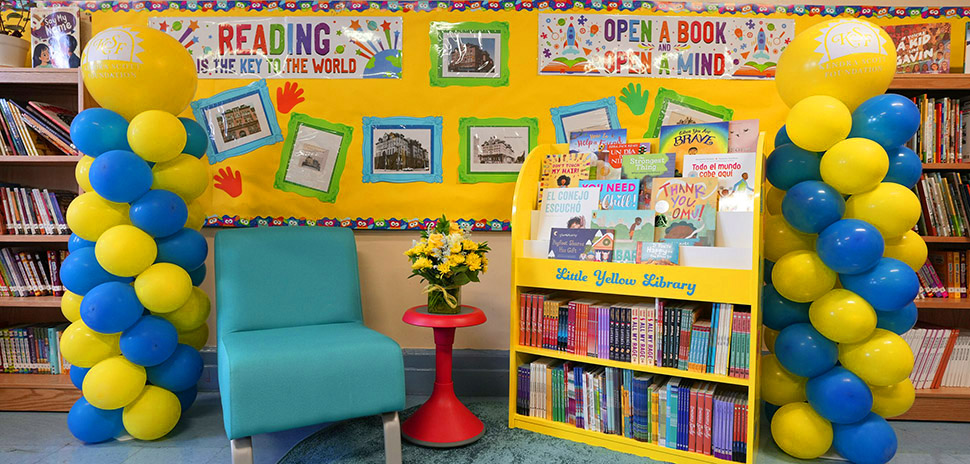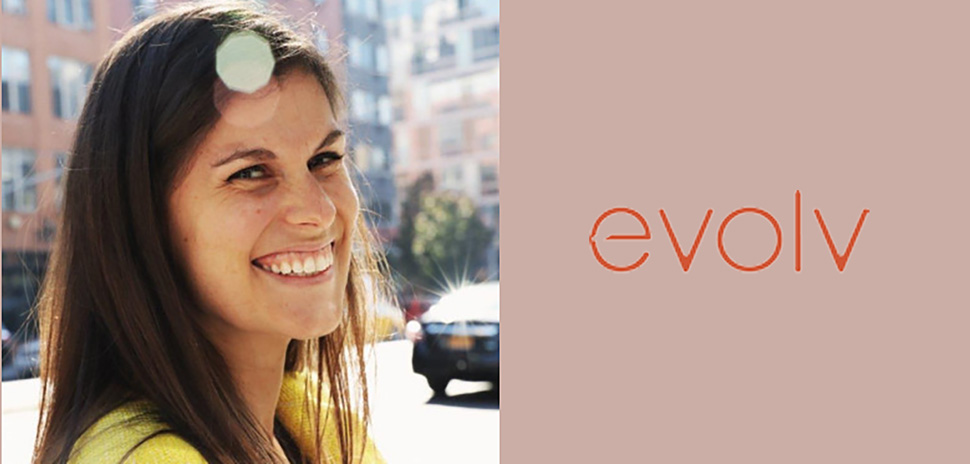The Fort Worth-based Rainwater Charitable Foundation, in partnership with CurePSP and Aging Mind Foundation, has announced $2 million in grants to back four innovative research projects over the course of two years stemming from the Tauopathy Challenge Workshop.
The foundation is one of the largest independent funders of primary tauopathy research, enabling field-advancing programs and delivering crucial resources to a diverse set of collaborative researchers. Tauopathy refers to the abnormal accumulation of tau proteins in the brain that occurs in Alzheimer’s Disease and other neurological disorders.
“The prevalence of neurodegenerative diseases, like primary tauopathies, is expected to increase in the coming years, which is why it is so important that we make concerted efforts towards fostering and funding the work of innovative researchers who may lay the scientific foundation for treatments of the future,” Jeremy Smith, president of The Rainwater Charitable Foundation, said in a statement.
The first Tauopathy Challenge Workshop
The inaugural Tauopathy Challenge Workshop, held in Chicago, brought together neuroscience researchers from prominent institutions around the world with the intent of closing gaps in understanding of the mechanisms of tau pathology and addressing challenges in primary tauopathy research, with a focus on Progressive Supranuclear Palsy (PSP) and Frontotemporal Dementias (FTDs).
The foundation said that PSP and FTDs are part of a class of debilitating neurodegenerative diseases that may shorten a person’s lifespan, and for which no current treatments exist.
Rainwater said the four groundbreaking research projects, led by five esteemed scientists, funded through the Tauopathy Challenge Workshop, will serve as building blocks toward ongoing efforts to find treatments and a cure for these diseases, known as primary tauopathies:
- Kathryn Bowles, PhD, UK Dementia Research Institute at the University of Edinburgh (Awarded $500,000): Research focuses on understanding how build-up of tau affects astrocytes, one of the main cell types in the brain, and the role of astrocytes in the development and progression of PSP. Specifically, Bowles will investigate how astrocytes behave when they have a build-up of tau, and subsequently, how aggregated tau in astrocytes contributes to making neurons sick. This has not been previously studied.
- Yongku Cho, PhD, Department of Chemical and Biomolecular Engineering at the University of Connecticut, and co-PI Jesse Rinehart, PhD, Department of Cellular & Molecular Physiology at the Yale University School of Medicine with a joint appointment in the Systems Biology Institute (Awarded $500,000): Research focuses on studying post-translational modifications (chemical changes of proteins) found in tau protein aggregates of PSP and FTD patients to determine if these post-translational modifications may cause the tau protein to become more aggregation-prone and gain toxicity. This has not been conclusively tested previously.
- Rik van der Kant, PhD, Alzheimer Center Amsterdam University Medical Center and Center for Neurogenomics and Cognitive Research (CNCR) at VU University Amsterdam (Awarded $500,000): Research focuses on examining if cholesterol, or other lipids, contribute to the tau pathology in PSP and FTD, knowing that recent studies have shown that excess levels of cholesterol in the brain can drive the build-up of tau. Dr. van der Kant will map how lipid metabolism in different brain cell types is altered in these diseases, and how this might contribute to neuroinflammation. The project will help provide a better understanding of the early processes that drive PSP and FTDs.
- Patrik Verstreken, PhD, VIB-KU Leuven Center for Brain & Disease Research (Awarded $500,000): Research focuses on understanding how tau is linked to synaptic loss and finding solutions to counteract this to halt cognitive decline in disease. Some hibernating animals, such as hamsters, experience similar tau-related synapse loss, but this is temporary and reverses when these animals awake from hibernation. Dr. Verstreken plans to investigate the unique process of synapse restoration when hamsters wake from hibernation in an attempt to use this knowledge to combat the tau-induced synaptic decline seen in dementia.
“We’re incredibly grateful to the Aging Mind Foundation and CurePSP for partnering with us to bring the vision of the Tauopathy Challenge Workshop to life and we’re thrilled to see how the research of Drs. Bowles, Cho, Rinehart, van der Kant and Verstreken progresses over the coming years,” Smith said.
The next workshop and Rainwater’s impact
The Tauopathy Challenge Workshop is open to all researchers through a letter of intent process, with applications for the 2025 workshop, focused on co-pathologies, currently being accepted through August 15.
The foundation said that the Tauopathy Challenge Workshop convenes interdisciplinary experts around a single topic of focus in tauopathies. Participants are compensated for their time at an off-site meeting where research ideas are incubated, and collaboration is encouraged. Post-workshop, participants can apply for research grants from the Rainwater Charitable Foundation.
Founded in 1991, The Rainwater Charitable Foundation (RCF) was created by renowned private equity investor and philanthropist Richard E. Rainwater of Fort Worth.
When Rainwater was diagnosed with a rare neurodegenerative disease and primary tauopathy called Progressive Supranuclear Palsy (PSP), the RCF said it expanded its mission to accelerate the development of new diagnostics and treatments for tau-related neurodegenerative disorders.
The foundation said the RCF Medical Research Team supports this focus by managing the Tau Consortium, the Rainwater Prize Program and the Tauopathy Challenge Workshop.
With more than $140 million invested in medical research to date, the foundation has helped to advance eight treatments into human trials. Currently the foundation said it supports a range of programs, including a focus on family economic security, medical research and other worthy causes.
![]()
Get on the list.
Dallas Innovates, every day.
Sign up to keep your eye on what’s new and next in Dallas-Fort Worth, every day.

